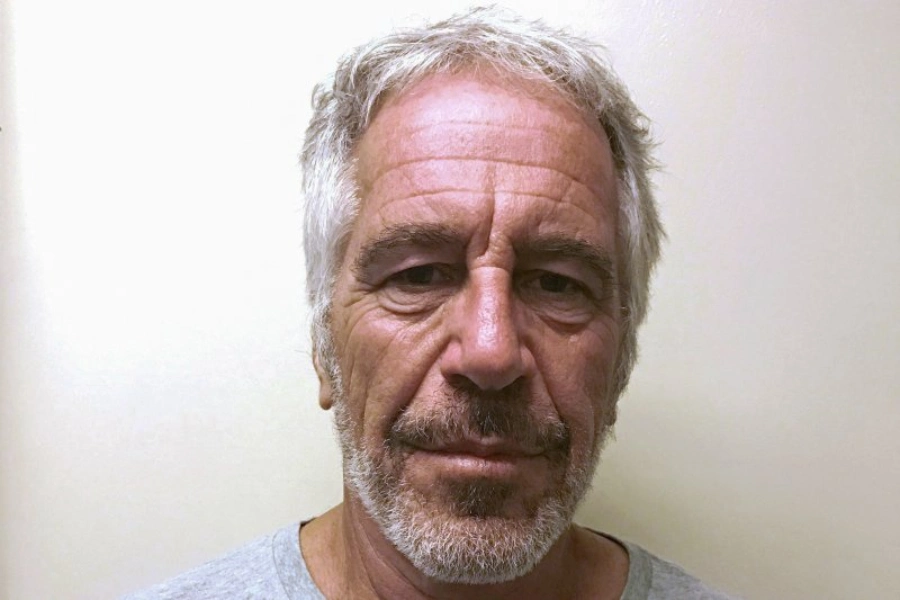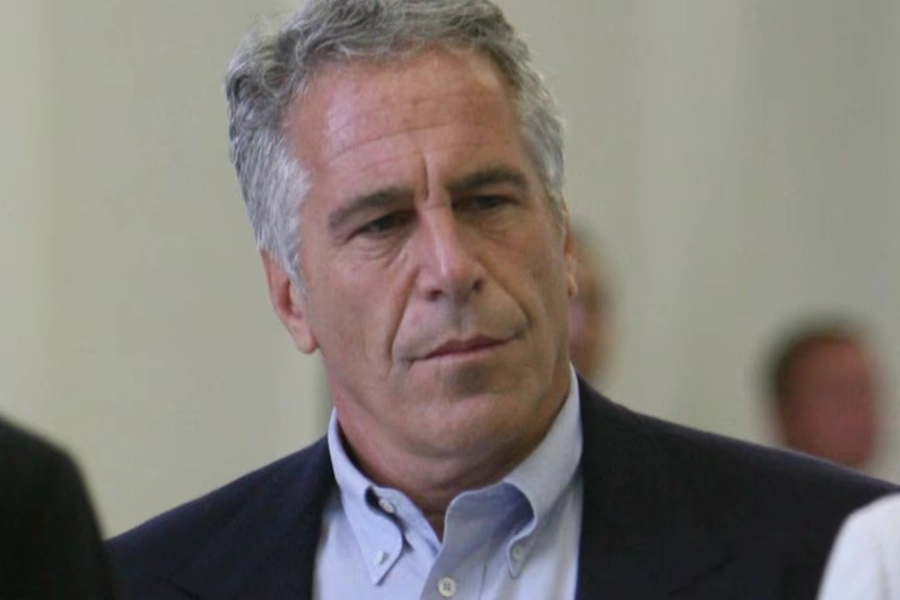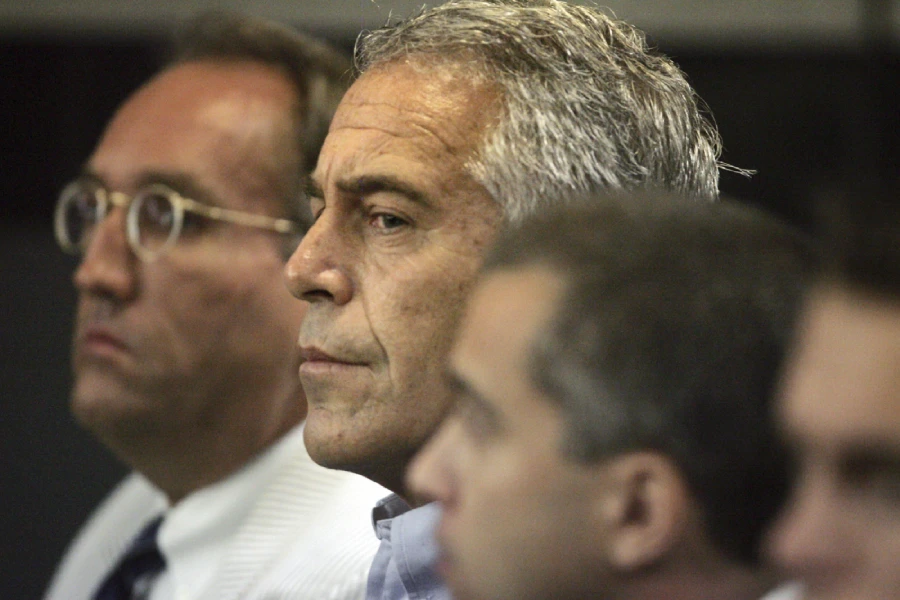Jeffrey Epstein’s name has become synonymous with elite corruption, legal failure, and global scandal. The financier and convicted sex offender was arrested in 2019 on federal charges of sex trafficking minors. Just weeks later, he was found dead in a New York prison cell—a moment that triggered global disbelief and a barrage of conspiracy theories. For years, public trust has hung on one burning question: who else was involved?
Now, a new joint investigation by the Department of Justice (DOJ) and the FBI has concluded that Epstein acted alone, there is no evidence of a “client list”, and that his death was a suicide, not foul play. For many, especially victims and watchdogs, this conclusion feels more like a political maneuver than a final answer.
Let’s unpack the legal, political, and ethical dimensions of the Epstein saga—an American legal tragedy that continues to haunt the system.

Was Epstein Murdered? The Official Verdict vs. Public Suspicion
According to the FBI’s newly released footage analysis, surveillance from the Metropolitan Correctional Center showed no unauthorized entry to Epstein’s cell during the time of death. Multiple angles, reviewed using enhanced contrast technology, show no evidence of third-party involvement. Combined with autopsy reports—originally contested by an independent pathologist—federal authorities now reaffirm the official cause of death: suicide by hanging.
But despite the evidence, public skepticism remains sky-high. And with good reason.
A 2023 Pew Research survey found over 62% of Americans still believe Epstein was murdered, indicating a serious disconnect between institutional conclusions and public perception. Critics argue that the convenient failure of surveillance cameras on the night of his death, combined with under-staffing and sleeping guards, form a “perfect storm” of plausible deniability.
Where Is the Epstein Client List? Legal Gray Zones and Public Outrage
Perhaps the most controversial part of the DOJ/FBI report is the statement that there is no “Epstein client list” and no actionable evidence of blackmail. This contradicts years of speculation, leaks, and even victim testimonies naming powerful men allegedly involved in Epstein’s sex-trafficking ring—including politicians, royals, and business magnates.
So, what happened to the client list?
There are at least three possible explanations from a legal perspective:
-
No List Exists in the Legal Sense
The “client list” might not exist as a neat document with names. It may be a myth fueled by media hype, or worse—a red herring. -
Lack of Admissible Evidence
Prosecutors may have access to names but lack corroborating evidence admissible in court. In such cases, pursuing charges is legally impossible, even if morally compelling. -
Sealed Evidence and National Security
Some documents from the Epstein case have been sealed under national security concerns—possibly due to intelligence ties or diplomatic sensitivities. This would explain the silence without implicating direct cover-up.
What About Ghislaine Maxwell? Legal Contradictions and Unanswered Questions
If Epstein operated alone, why is Ghislaine Maxwell serving a 20-year sentence for procuring underage girls for abuse?
This legal contradiction sits at the core of public outrage. Maxwell was convicted in 2021 for multiple counts of sex trafficking, yet no “clients” have been indicted. Legal scholars argue that this implies systemic failure, where only enablers—not participants—face justice.
In other words, the system has prosecuted the supplier, but absolved the buyers.
Elon Musk, Donald Trump, and the Politicization of Epstein
The Epstein case is no longer just about legal accountability—it’s now a political wedge issue. In July 2025, Elon Musk publicly criticized former ally Donald Trump for failing to release Epstein-related files. Musk even suggested that Trump might be hiding his own involvement, though he later retracted the claim.
Musk, now launching his own America Party, has weaponized the Epstein scandal as an example of government opacity and elite protectionism.
In response, Trump accused Musk of “going off the rails” and dismissed third-party movements as destructive. Meanwhile, critics of both camps argue that the Epstein case is being exploited for political gain, at the expense of real justice.

Legal Barriers to Further Prosecution: Why No One Else Has Been Charged
Even with multiple alleged victims and partial witness lists, there are legal obstacles to charging more individuals:
-
Statute of Limitations: Many alleged acts occurred decades ago.
-
Non-Disclosure Agreements (NDAs): Victims may be silenced by prior settlements.
-
Lack of Concrete Evidence: In sex trafficking cases, testimony alone is often not enough for conviction.
-
International Jurisdiction: Epstein’s properties in the Virgin Islands, Paris, and New Mexico complicate jurisdiction.
Unless new, undeniable evidence emerges, the legal window for prosecuting more individuals may be closing fast.
Trust in the Legal System at an All-Time Low
The Epstein case has become a symbol of how justice is applied unequally in America. From Wall Street to Washington, the perception is clear: powerful people don’t go to prison.
Even Attorney General Pam Bondi, who earlier this year told Fox News the “Epstein files” were sitting on her desk, has since gone silent. Critics argue that public officials are stalling or stonewalling in order to protect political allies.
Conclusion
Legally, the Epstein case may be “closed.” Politically and morally, it is anything but.
From the murky death to the missing client list, the contradictions between official reports and public intuition keep the case alive in the court of public opinion. For the survivors who never saw their abusers charged, and for a public losing faith in justice, this case is a haunting reminder that truth and law do not always align.
FAQ
1. Did Jeffrey Epstein really commit suicide?
Most official investigations, including FBI and DOJ, concluded that Epstein died by suicide in prison in 2019, though conspiracy theories persist.
2. Is there a client list related to Jeffrey Epstein?
Authorities have stated there is no credible evidence supporting the existence of a “client list” implicating high-profile individuals.
3. What did the FBI find in the Jeffrey Epstein investigation?
The FBI found no proof that Epstein was blackmailing powerful figures or maintaining a client list. Surveillance footage confirms his death was suicide.
4. Why is Elon Musk clashing with Donald Trump?
Their feud escalated over political disagreements, including Trump’s handling of the Epstein files and Musk’s criticism of Trump’s policies.
5. What is Elon Musk’s “America Party”?
A newly announced political party aiming to break the two-party dominance in the U.S. Congress in the 2026 elections.
6. How have Trump and his supporters reacted to Musk’s new party?
Trump criticized the idea, warning that third parties often cause political disruption and chaos rather than constructive change.
7. Are the Epstein files going to be released publicly?
There have been delays and political disputes around the release, with no full disclosure to date.

